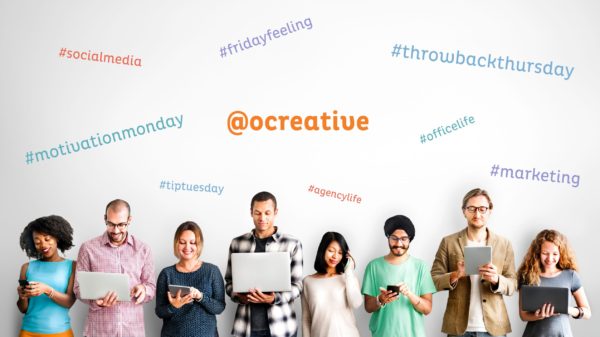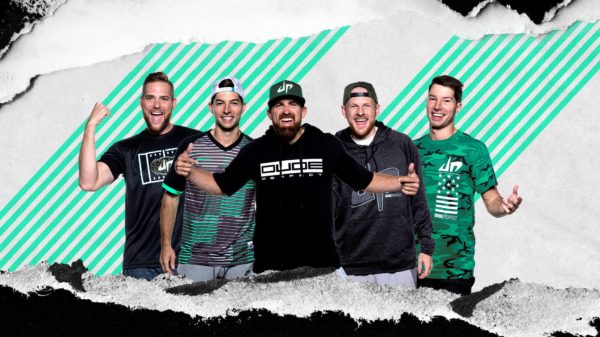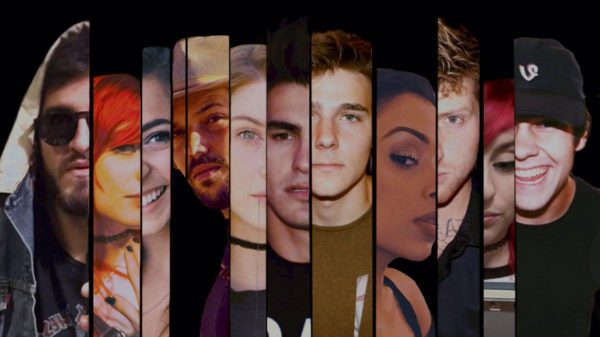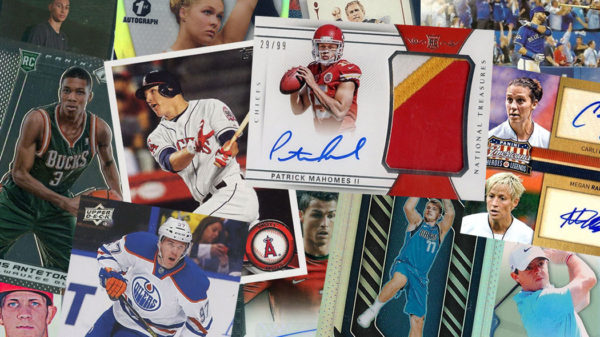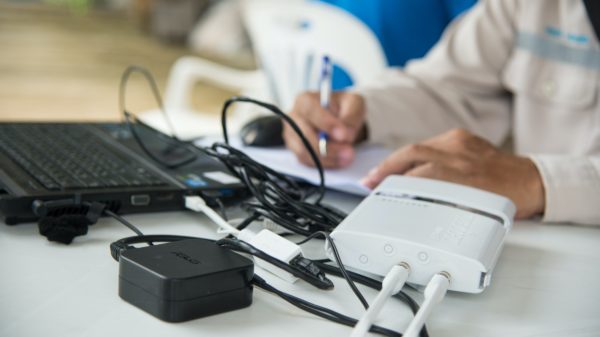Gaining from the mistakes and triumphs of others can genuinely cut the expectation to absorb information and give your startup a major advantage over the opposition. These four successful founders have experienced the school of difficult times and developed as victors in tremendous manners. Take their lead and follow the counsel of these madly rich originators:
Sean Parker, Napster co-founder
In 2002, Parker went on to serve as the first president at Facebook and founded several other companies, including Plaxo and Airtime.
“Your biggest challenge as an entrepreneur is not concealing your ideas from others or keeping your idea a secret, it is actually convincing people that you’re not crazy and that you can pull this off,” Parker has said.
A skilled programmer and software engineer right off the bat throughout everyday life, Parker had aspirations that without a doubt appeared to be lofty to investors and potential partners. He learned from the get-go that triumphant their help implied facing challenges and opening up to his thoughts.
Sara Blakely, Spanx founder
Blakely famously said, “Embrace what you don’t know, especially in the beginning because what you don’t know can become your greatest asset. It ensures that you will absolutely be doing things different from everybody else.”
She should know; in 2012, Blakely turned into the world’s most youthful female independent very rich person. Her plan to explore different avenues regarding the pantyhose structure that would look incredible with shut toe shoes and still offer help would in the end develop into a multimillion dollar organization.
Blakely had no clue in the first place how things would go. She depended on her loved ones to help with item testing in her first year of advancement, at that point chipped away at getting a patent and shunned industry standards with her inventive bundling and marking. She confided in her gut and grasped what she didn’t have, accomplishing $4 million in deals in Spanx’s first year of launching.
Mark Zuckerberg, Facebook founder
“Move fast and break things. Unless you are breaking stuff, you are not moving fast enough.”
It seems that every time Facebook is down, it’s a news event. In fact, there are websites set up for the express purpose of telling people whether Facebook is experiencing an outage. Why is that? Because when Zuckerberg’s creation is down, it’s a crisis. Individuals are so infatuated with his product that they get anxious when they don’t have access to it.
Isn’t that mind boggling? Zuckerberg has had the option to take advantage of the mind of customers worldwide in practically incredible manners. He and his group are continually trying new things and facing challenges.
Andrew Mason, Groupon founder
Mason has said on startups: “You’re building a tool, not a piece of art. Don’t be blinded by the vision.”
Entrepreneurs can get sucked into this trap of perfectionism quite easily. You’re taking a huge risk-you don’t want to fail publicly. Still, you have to be willing and able to get your product or service out there and test it in the market.
Don’t focus so intently on your own vision of the perfect product or you won’t get it out there at all. You’re going to get valuable feedback from your users and they will help figure out your next steps.
Opinions expressed by AsianBlurb contributors are their own.











